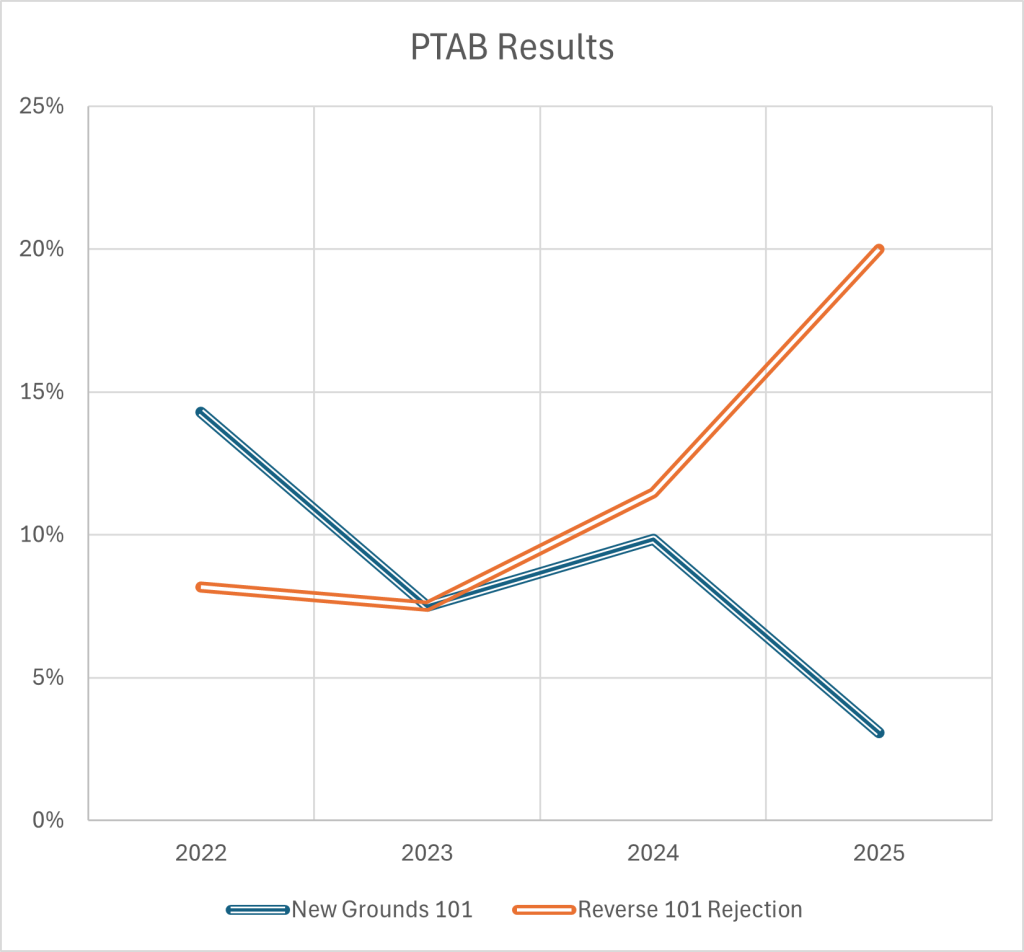The Corporate Transparency Act Overview
The CTA was implemented to combat illicit financial activities, including money laundering, tax fraud, and financing of terrorism. Starting January 1, 2024, most corporations, LLCs, and similar entities must report their beneficial ownership information to FinCEN. This federal initiative creates an unprecedented level of transparency regarding who ultimately owns or controls business entities operating in the United States, including those registered in Arizona.
FinCEN’s database of beneficial ownership information will be accessible to law enforcement agencies but not to the general public, maintaining a balance between transparency and privacy. The legislation represents the most significant anti-money laundering reform in decades and directly affects thousands of Arizona businesses.
Defining a “Company Applicant” for BOI Reporting
A “company applicant” under the CTA refers to the individual who files the documents to form a corporation, LLC, or other reporting company. For Arizona businesses, this typically includes:
The person who directly files the formation documents with the Arizona Corporation Commission
The person who is primarily responsible for directing or controlling the filing
This definition encompasses both the individual physically submitting documents and anyone primarily directing this action. For many small businesses, the company applicant might be the owner themselves or their tax attorney. For larger entities, it could be a compliance officer or legal counsel experienced in corporate matters.
Unlike beneficial owners (who exercise substantial control or own 25% or more of the company), company applicants don’t maintain ongoing reporting obligations after the initial filing. However, their personal identifying information must be accurately reported in the initial BOI report.
Reporting Requirements for Arizona Businesses
Arizona entities required to file BOI reports include corporations, LLCs, limited partnerships, and similar structures. Notable exemptions include publicly traded companies, certain financial institutions, and larger operating companies with physical offices, more than 20 employees, and federal tax returns showing over $5 million in gross receipts.
For qualifying entities, the following information must be reported for company applicants:
Full legal name
Date of birth
Current residential or business address
Unique identifying number from an acceptable identification document
For reporting companies created before January 1, 2024, the initial filing deadline is January 1, 2025. Companies formed in 2024 have 90 days from formation to file their initial report. Arizona businesses formed after January 1, 2025, will have just 30 days to file.
Compliance Strategies
Arizona business owners should implement these practical strategies for CTA compliance:
Maintain comprehensive records of all company applicants and beneficial owners
Establish protocols for tracking changes in ownership structure
Prepare identification documentation in advance of filing deadlines
Consider engaging financial planning services to address overall business compliance
Non-compliance carries significant penalties, including civil penalties up to $500 per day and potential criminal penalties including imprisonment for willful violations. Failure to comply may also result in tax liens against business assets.
The Corporate Transparency Act introduces substantial new reporting tax obligations for Arizona businesses. Understanding your company’s reporting requirements and properly identifying company applicants is essential for compliance. As these regulations evolve, maintaining accurate records and seeking professional guidance can help you navigate this new regulatory landscape. For businesses facing challenges with CTA compliance, appealing adverse determinations or seeking assistance from qualified tax preparers can mitigate potential issues.
Book a free consultation with a Guardian Tax Professional today to get clear answers to your unique situation.





























